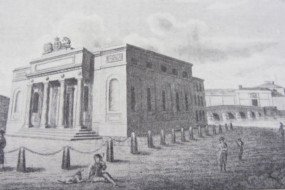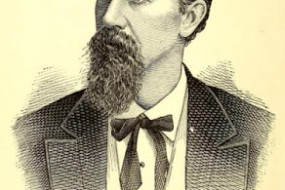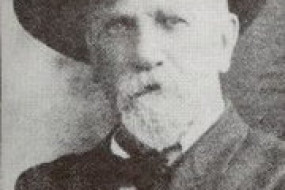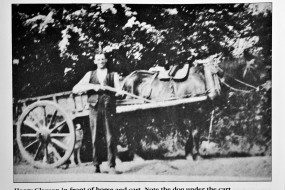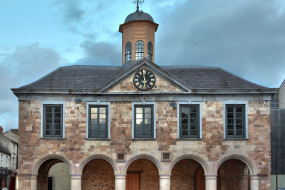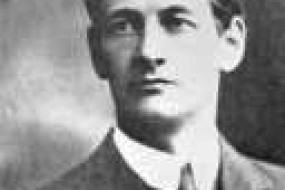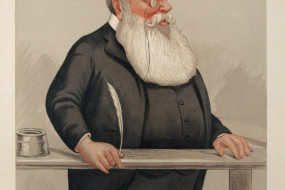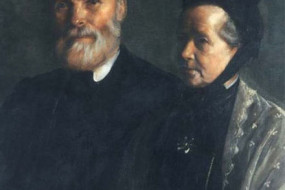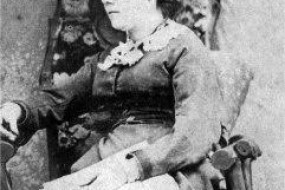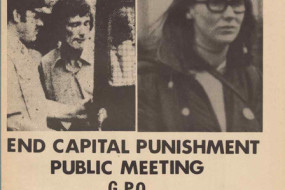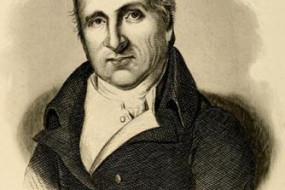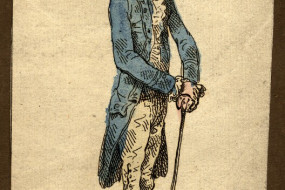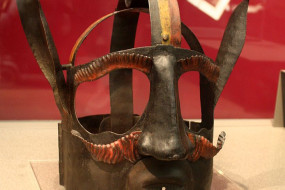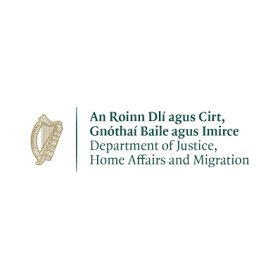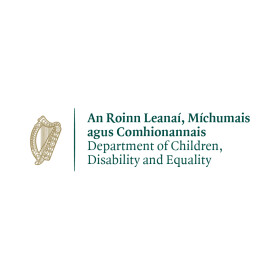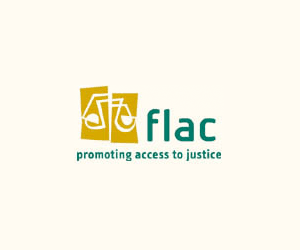In March 1817, Peter Blake brought Mary Wilkins to Court seeking compensation for breaking a promise of marriage. Mary Wilkins was a wealthy woman in her sixties, whose husband had died over 40 years earlier, leaving her the bulk of his fortune.
Irish Legal Heritage
Upon merging with the Irish Republican Brotherhood, members of the Phoenix Society were trained in the use of rifles and military tactics by Irish-American officers of the Fenian Brotherhood (Shane Kenna, Jerimiah O’Donovan Rossa: Unrepentant Fenian (Merrion Press, 2015)). This brought Jerimia
On 10 September 1831, Jerimiah O’Donovan Rossa was born in Reenascreena – a townland nestled between the villages of Leap and Rosscarbery in West Cork. Jerimiah was the second of four children, and his parents were tenant farmers. Like so many Irish families, the O’Donovan’s
Over 100 years after the tragedies that befell Rathcannon, another Holycross parishioner was the victim of one of Ireland’s most infamous miscarriages of justice. Henry 'Harry' Gleeson was born in Holycross, County Tipperary in 1903. One of twelve children, he was asked by his maternal uncle,
On 30 June 1827, the nephew of a landlord was shot dead in Rathcannon, County Tipperary. Twenty-five-year-old Richard Chadwick was a magistrate and a land agent for his uncle, and had evicted a number of tenants in the Rathcannon area. He had also started building a police barracks in Rathcannon, an
On 25 October 1920, Terence MacSwiney died in London’s Brixton Prison after 74 days on hunger strike. MacSwiney was a republican poet and a playwright who was elected as MP for Mid-Cork in the 1918 general election, and one of the many TDs marked as ‘fé ghlas ag Gallaibh’ (i
Richard Pigott was a journalist who worked with several nationalist newspapers across the island of Ireland, including the Ulsterman and the Nation. For most of his life, Pigott appeared to support the Fenian movement and had been imprisoned for seditious libels on the government during his career.
The Garda Síochána Act 1958 provided for the admission of women to membership of An Garda Síochána, and this month marks the 60th anniversary of women joining An Garda Síochána. However, the 12 Ban Ghardaí appointed on 10 July 1959 were not the first
On 15 August 1857, Maria Theresa Longworth and Major William Charles Yelverton got married in a Catholic Church near Rostrevor. They had previously married in Edinburgh on or about 13 April 1857 according to Scottish law; however, Theresa refused to cohabit with Major Yelverton until they were marri
On 9 June 1976, Marie and Noel Murray were convicted of capital murder and sentenced to death. In September 1975, Garda Michael Reynolds was fatally shot in the head while chasing two men and a woman who had robbed the Bank of Ireland in Killester at gunpoint. The Murrays were arrested and charged w
In 1830, Sir Jonah Barrington became the only High Court judge to be dismissed from office by the House of Commons and the House of Lords. Jonah Barrington was a lawyer, judge and politician born at Knaptou, near Abbeyleix. The fourth child of impoverished landowner John Barrington, he was immediate
John Toler, the first Earl of Norbury, earned his reputation as “the hanging judge” during his time as a particularly callous judge in Ireland in the late 18th and early 19th century. In a somewhat contradictory trait, Toler is often described as having those in his courtroom – inc
The Scold’s Bridle or Branks was a form of punishment usually reserved for women who resisted subordination and didn’t conform to being a quiet and virtuous wife. Women who were perceived as being troublesome – who gossiped, “nagged” their husbands, or who were acc
Our sister publication, Scottish Legal News, recalls a scandalous divorce case from just across the water. Donald Findlay QC has narrated an audiobook on the divorce case of the Duchess of Argyll – Allan Nicol’s Three Strand Pearl Necklace.
On 22 April 1983, Senator David Norris lost an appeal to the Supreme Court. He sought a declaration that that sections 61 and 62 of the Offences Against the Person Act 1861, and section 11 of the Criminal Law Amendment Act 1885, were inconsistent with the Constitution. Under Article 50 of the Consti





